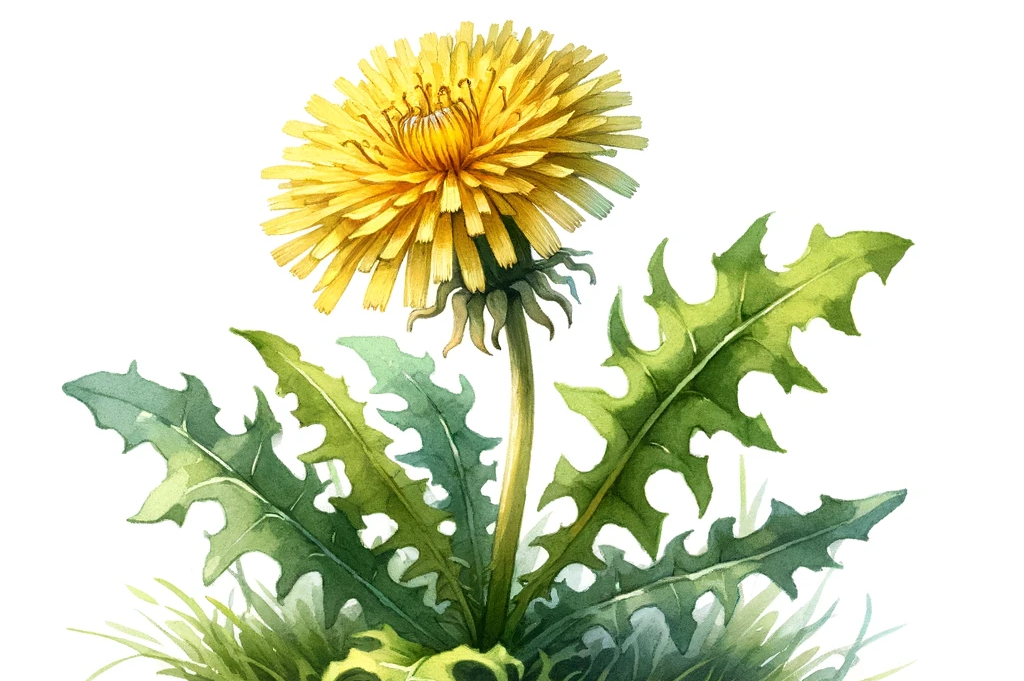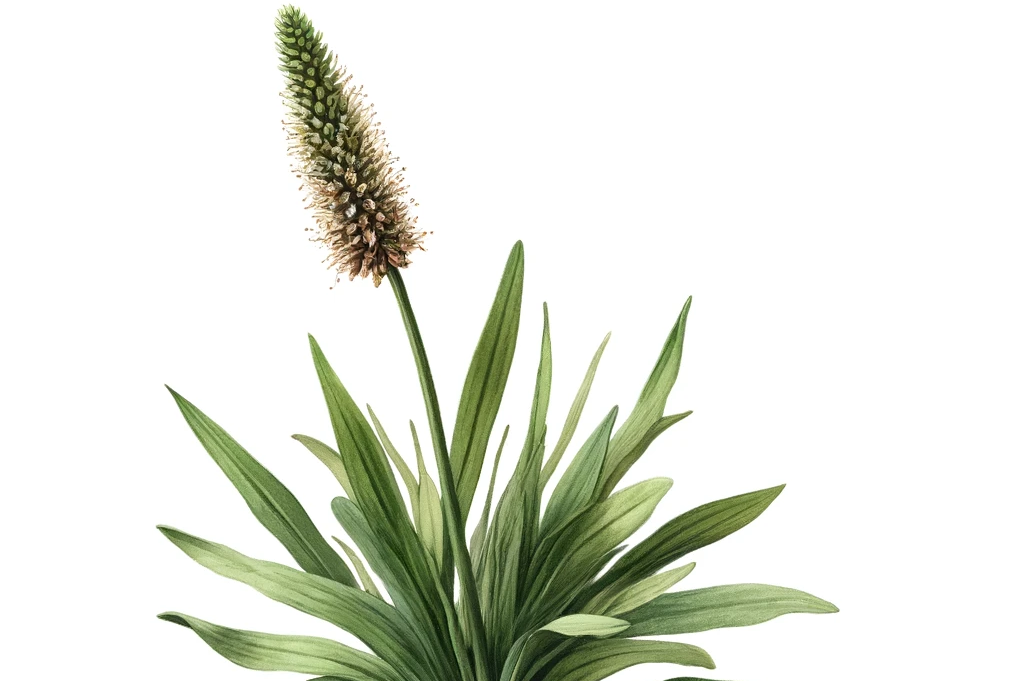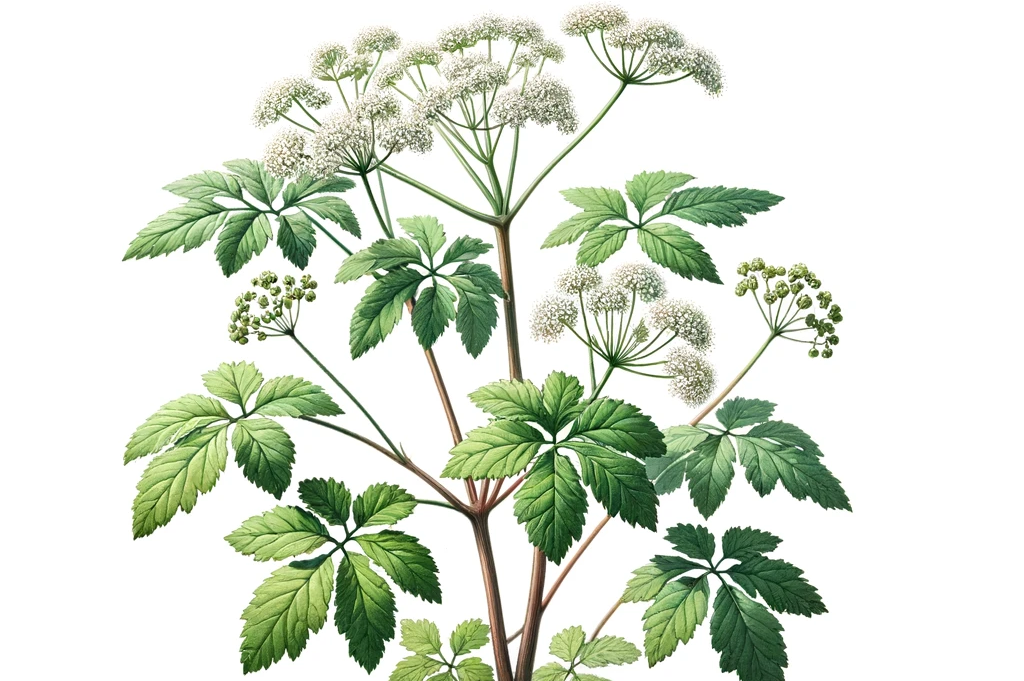Burdock

What are burdocks?
Burdocks belong to the genus Arctium and are widespread in Europe and Asia. They are not only known as an annoying weed, but also for their medicinal properties. The root of the burdock is particularly rich in nutrients and is used in traditional medicine to treat a variety of ailments. It contains important fatty acids, minerals and other bioactive compounds that have anti-inflammatory and antioxidant properties.
Benefits of burdock root for dogs
Supporting skin and coat health
Burdock root is particularly well known for its positive effects on the skin and coat of dogs. Its anti-inflammatory properties can help to soothe skin irritations, eczema and other skin conditions. The oils contained in the root can also contribute to a shinier and healthier coat.
Promoting digestive health
Burdock root can also aid digestion. Its fiber promotes healthy intestinal flora and can help regulate bowel function, which can be particularly beneficial for dogs with digestive problems.
Detoxifying effect
Burdock root is also traditionally used to support liver function and detoxify the body. It can help to filter harmful substances from the blood and promote the dog's general health and well-being.
Disadvantages and risks
Allergic reactions
Although rare, some dogs can have an allergic reaction to burdock root. Symptoms of an allergic reaction can include skin rashes, itching or digestive problems. It is important to look out for such signs when first using it.
Interaction with medication
The detoxifying properties of burdock root can influence the effect of certain medications. If your dog is already taking medication, it is advisable to consult a vet before using burdock root products.
Overdosing
As with any dietary supplement, the correct dosage of burdock root is crucial. An overdose can lead to undesirable side effects such as gastrointestinal complaints.
Use a natural remedy wisely
Burdock root can be a valuable addition to your dog's natural health care. Its benefits for skin, coat and digestion make it an interesting remedy for dog owners who want to rely on natural remedies. With the right application and dosage, burdock root can help improve your dog's quality of life naturally, without compromising their health.
If you notice any signs of hypersensitivity or poisoning in your dog, you should see your vet immediately. We are not a substitute for a vet, but we try to be as accurate as possible. Every dog reacts differently and we recommend you get a second opinion or consult your vet if in doubt.
Stay healthy and take good care of your four-legged friend!😊
Similar to Burdock
Dandelion is a perennial herbaceous plant from the composite family. It has a long taproot that reaches up to one meter deep into the ground. All parts of the plant contain a white, milky sap that...
Stinging nettles are herbaceous plants from the nettle family. They grow in Europe, Asia and North America and prefer moist, nutrient-rich locations. The best-known species are the common nettle...
Ribwort plantain (Plantago lanceolata) belongs to the plantain family and is native to Europe, Asia and North Africa. It grows mainly on nutrient-rich soils and is very adaptable. Ribwort plantain...
Goutweed, also known as goat's foot or ground elder, is a perennial plant from the umbellifer family (Apiaceae). It is native to Europe and Asia and has spread to many parts of the world. Goutweed...



